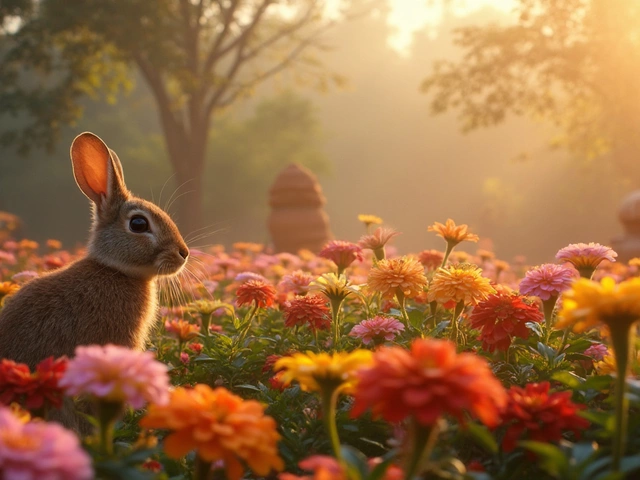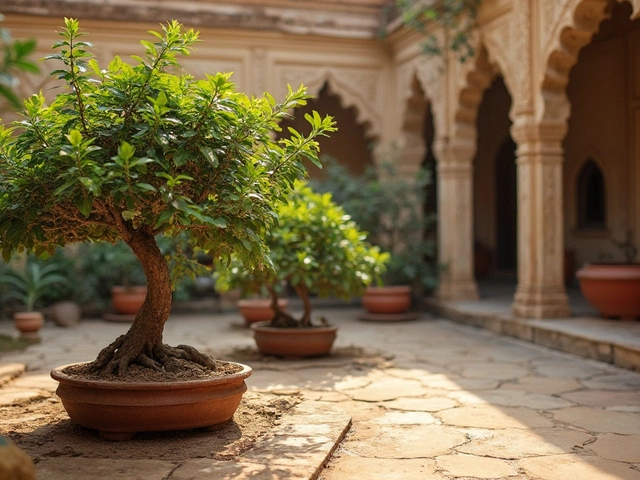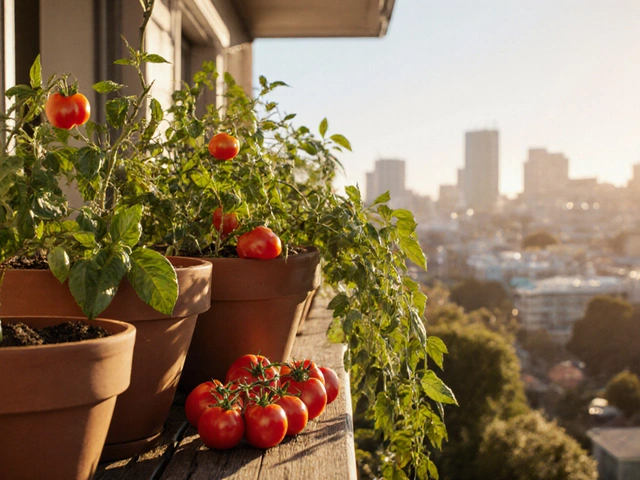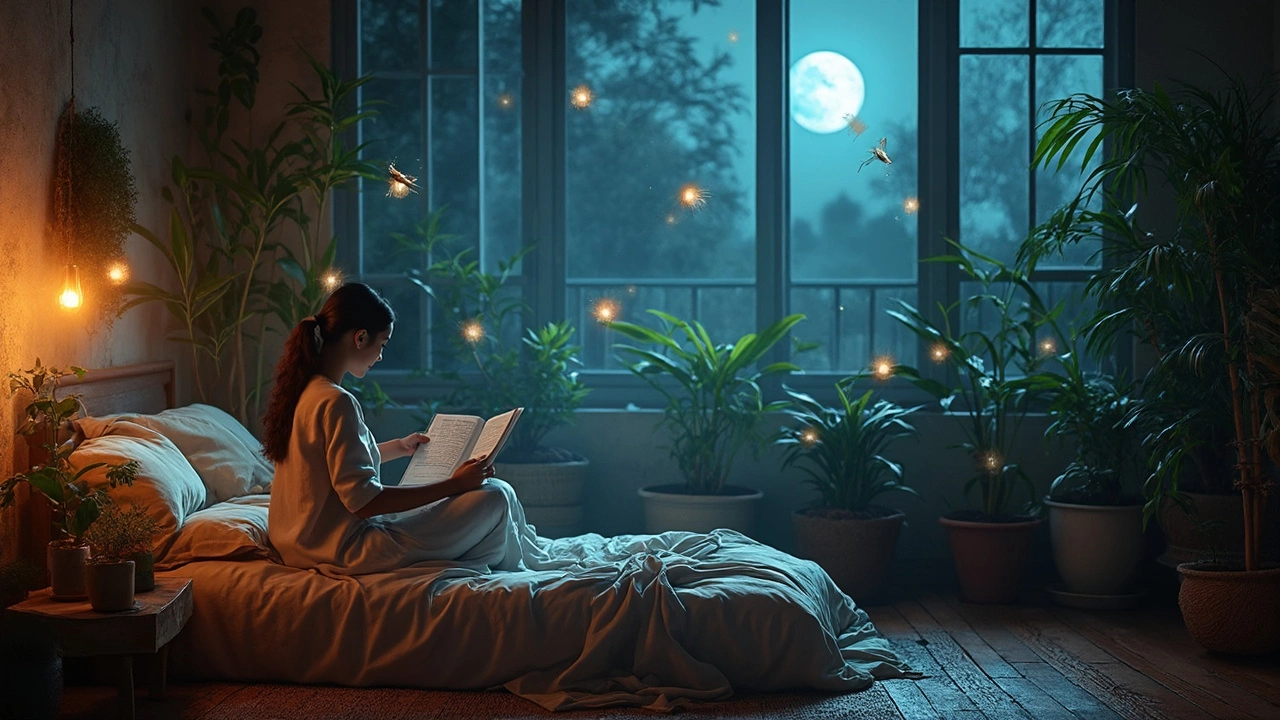Night Care Tips for a Thriving Garden
Ever wonder why some plants look great in the morning but wilt by noon? The secret often lies in how you treat them at night. Night is when plants recover from the day’s heat, so a little extra attention can boost growth, save water, and keep pests away. Below are practical steps you can start using tonight, whether you have a balcony garden or a big backyard.
Why Nighttime Matters
During the night, photosynthesis stops, but respiration continues. This means plants use stored energy and need the right conditions to rebuild. Cooler air reduces water loss, yet the soil can still stay moist if you water correctly. Also, many pests are less active after sunset, giving your plants a safe window to heal. By adjusting watering time, light exposure, and temperature, you can give your garden a real edge.
Practical Night Care Steps
1. Water at the right hour. Aim to water just after sunset or before sunrise. The soil has time to soak in before the sun dries it out, and roots can absorb moisture more efficiently. Use a gentle trickle or a watering can to avoid splashing leaves, which can lead to fungal problems.
2. Check soil moisture. Stick your finger a few centimeters into the soil. If it feels dry, give it a light drink; if it’s still damp, skip watering. Over‑watering at night can cause root rot, especially in heavy soils.
3. Provide gentle lighting. For indoor plants, a low‑intensity grow light for a few hours can mimic a natural dusk. Avoid bright LEDs that keep plants in a perpetual daylight mode, which can stress them.
4. Guard against cold drafts. If temperatures dip below 10 °C (50 °F), cover delicate plants with a light frost cloth or move pots to a sheltered spot. This protects leaves from sudden chill damage.
5. Clean up debris. Remove fallen leaves and fruits before night falls. These can attract insects or start rotting, creating a breeding ground for disease.
Implementing these steps takes just a few minutes but can make a big difference. Your garden will look fresher in the morning, and you’ll use less water overall. Give night care a try this week and notice the improvement yourself!
Why Is It Not Good to Keep Potted Plants Indoors at Night?
Keeping potted plants inside at night can actually impact your indoor air quality and even your sleep, thanks to how plants 'breathe' after the sun goes down. Some plants release carbon dioxide at night, and this shift confuses a lot of people who believe all plants purify air 24/7. There's also the little-known risk of mold and pests making things less comfy inside. Understanding what really happens after dark in your plant-filled room can help you make smarter decisions about caring for your plants and your space.
About
Indoor Plant Care
Latest Posts


Identifying an Overwatered Bonsai Tree
By Alden Thorne Mar 15, 2025

Best Balcony Garden Direction for Sunlight and Plant Growth
By Alden Thorne Nov 28, 2025

Why White Rice Might Spike Your Cholesterol Levels
By Alden Thorne Feb 16, 2025

